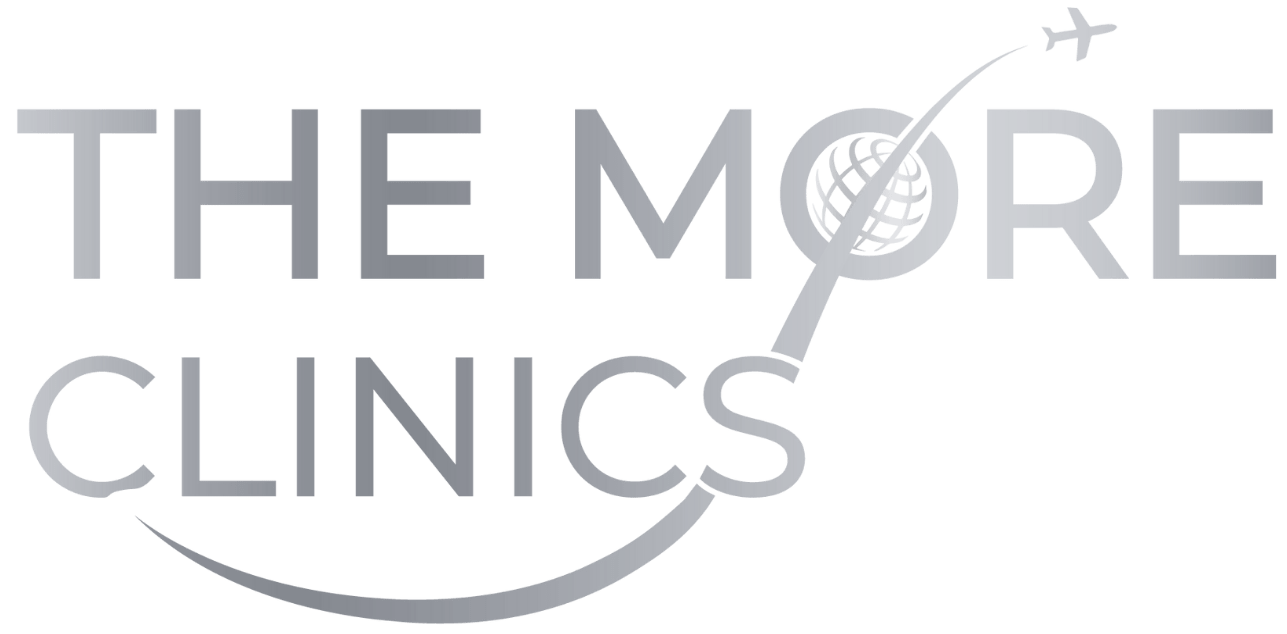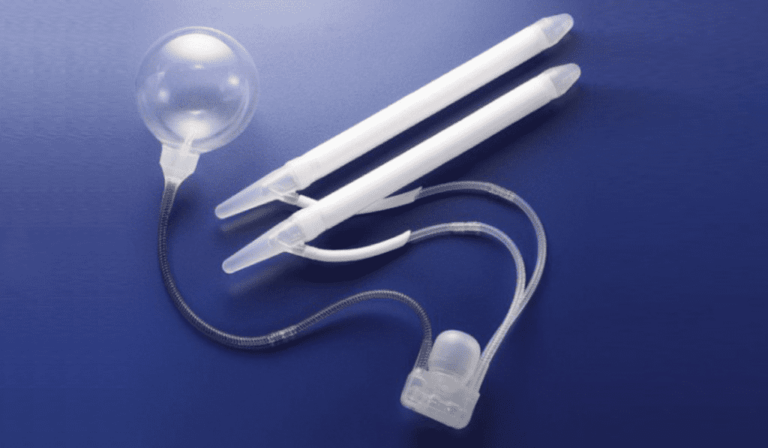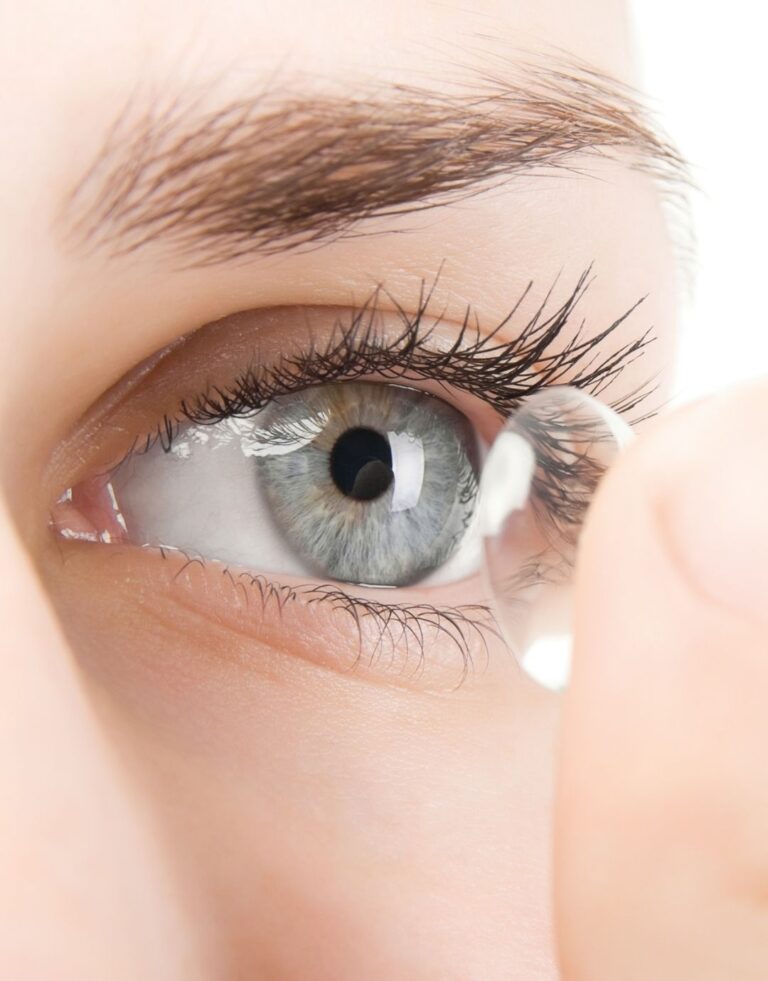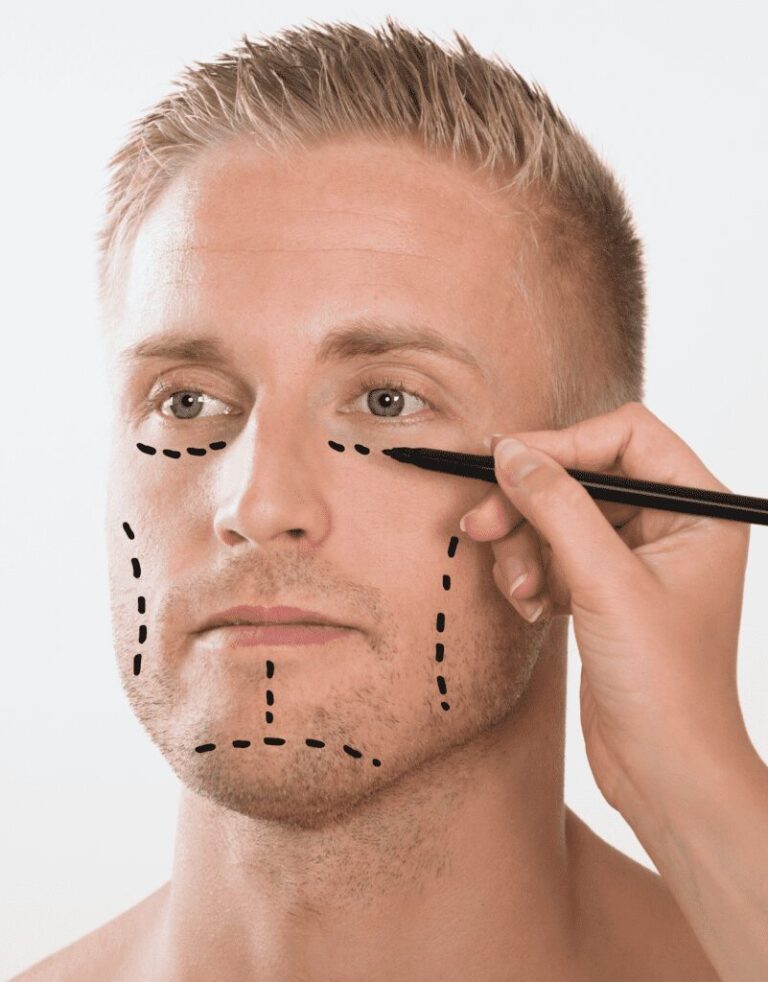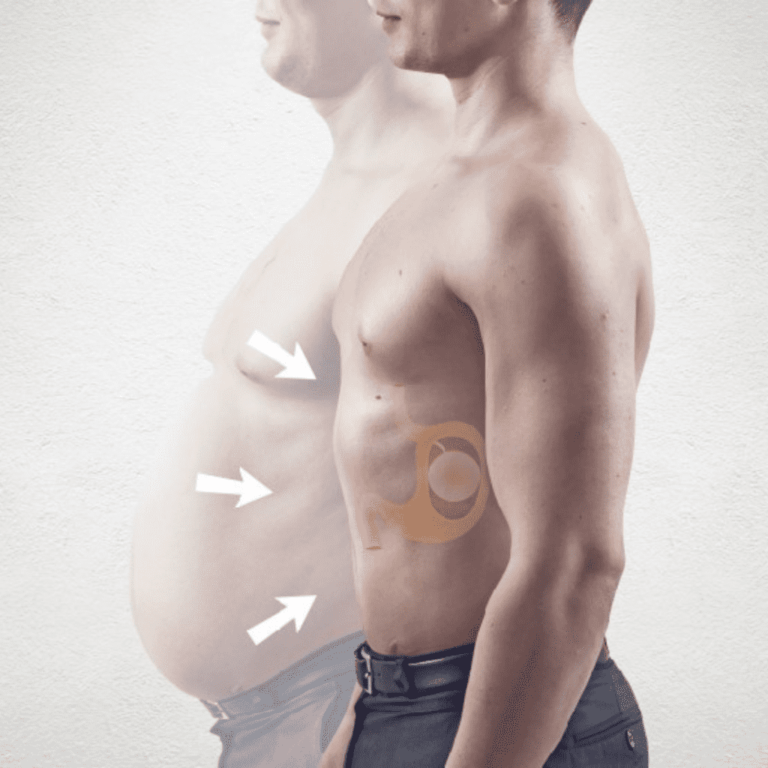Understanding Alopecia Barbae: Causes, Symptoms, and Treatment
Alopecia barbae, also known as beard alopecia or spot baldness, is a condition that affects men’s facial hair. It is a type of alopecia areata, a hair loss disorder characterized by the sudden and unpredictable loss of hair in specific areas. It affects around 2% of men at some point in their life. (Source) This particular form of hair loss has distinct causes and treatments that differ from others. In this article we will explore symptoms, causes and alopecia barbae treatment options and home remedies.
Causes of Alopecia Barbae
The exact cause of alopecia barbae is unknown, though it is believed to be an autoimmune disorder in which the body’s immune system mistakenly attacks its own healthy hair follicles.
The specific trigger for this reaction is not known, but it may link to genetics and stress. Hormonal imbalances, skin conditions, and certain medications can also increase the risk of developing alopecia barbae.
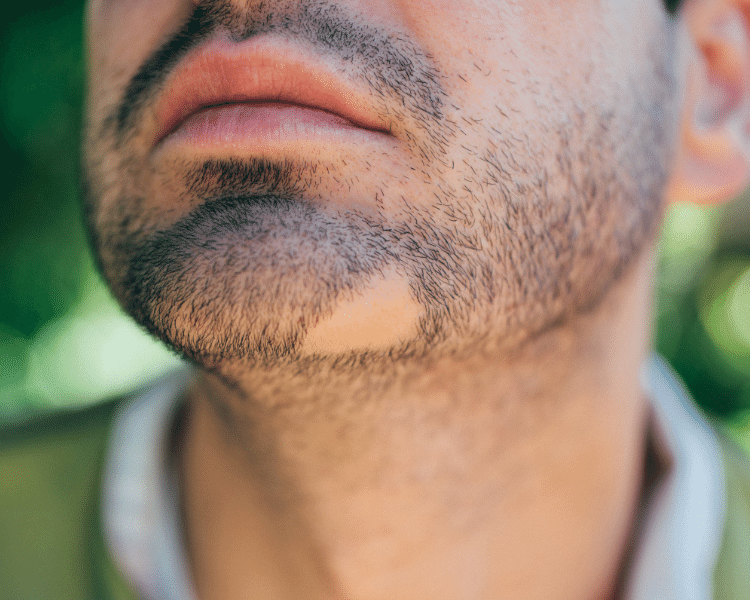
Symptoms of Beard hair loss
It is hard to early detection of beard loss since the process of alopecia barbae is sudden.
The main symptom of alopecia barbae is round or oval bald patches in the beard area. The affected hair follicles will be permanently damaged and unable to re-grow hair.
In some cases, people with alopecia barbae may experience itchiness, redness, and inflammation around the bald patches.
Diagnosis of Alopecia Barbae
A dermatologist typically diagnoses alopecia barbae based on physical examination of the affected area by look or feel.
The doctor may also order a biopsy to check for signs of inflammation and immune cells that are typically present in cases of alopecia areata. Blood tests are sometimes used to rule out other conditions with similar symptoms.
Alopecia Barbae Treatment
Although alopecia barbae has no cure, there are treatments available that can alleviate symptoms and potentially hinder further hair loss.
It’s important to remember that the effectiveness of these treatments can vary from person to person, and they do not work for everyone. None of these treatments can prevent the condition from coming back in the future. It can reoccur even after successful treatment.
The treatments focus only to block the autoimmune response and not to re-grow hair.
Beard Transplant for Beard Baldness
Hair transplantation is a safe and effective solution for addressing hair loss caused by alopecia barbae.
Beard transplant is a type of facial hair transplant where the surgeon transplants hair from another area of the body (such as the scalp or chest) to the beard area.
It entails transferring healthy hair follicles from the back of the scalp to areas with thinning or bald patches. While it’s important to note that this procedure does not cure alopecia barbae, it can significantly enhance the patient’s hairline and improve the appearance of their beard.
Medications for Alopecia Barbae
- Corticosteroids: This is the primary treatment method for alopecia barbae. Corticosteroids are powerful anti-inflammatory drugs that can suppress the immune system. They can be applied topically, injected, or taken orally.
- Minoxidil (Rogaine): It is an over-the-counter medication, commonly used for male-pattern baldness and alopecia areata. It can stimulate hair growth but does not reduce the immune response. Minoxidil Topical application of 2 to 5% minoxidil upto 2 times daily can reduce hairfall and stimulate the hair follicles for hair regrowth.
- Anthralin: This is a topical medication used to alter the skin’s immune response. It can be effective for regrowth of hair but can cause skin irritation and staining.
- Diphencyprone (DPCP): This is a topically applied medication that causes an allergic reaction which can help hair to regrow.
- Janus kinase inhibitors: These are drugs that block specific enzymes (kinases) in the pathway of immune response. They are currently in experimental use for alopecia areata.
Other Alopecia Barbae Treatment Options
- Essential Oils: Certain essential oils, such as lavender, rosemary, and peppermint, may stimulate hair growth when massaged into the scalp daily. Related Post: 10 Essential Oils for Hair Health and How to Use Guide.
- Garlic: It is said to have properties that can help boost circulation and promote hair growth. When it’s used with corticosetroids, it can help reduce inflammation.
- Certain supplements like viviscal, biotin, zinc, fish oil, and vitamin B complex are also said to help support hair growth.
- Aloe Vera: This natural remedy helps soothe skin inflammation and may be beneficial for the treatment of alopecia.
- Balanced Diet: A diet rich in proteins, vitamins, and minerals can aid in hair growth. Foods containing Vitamin A, B, C, D, iron, selenium and zinc have been associated with healthier hair.
Please note that these remedies may not work for everyone, and it is always recommended to consult with a healthcare professional before starting any new treatment regimen.
Frequently Asked Questions
- What triggers Alopecia Barbae?
The exact cause of alopecia barbae is unknown, but it may link to genetics and stress. Hormonal imbalances, skin conditions, and certain medications can also increase the risk of developing this condition.
- Can hair regrow after Alopecia Barbae?
Hair regrowth is possible with certain treatments and medications, but their effectiveness varies from person to person, and none can prevent the condition from recurring in the future.
- Is it safe to take corticosteroids for alopecia
Yes, corticosteroids are generally safe although they can have side effects. Always consult your doctor before beginning a new medication.
- Is it possible to regrow hair after alopecia barbae?
In many cases, hair regrowth is possible, especially with appropriate treatment. However, the process can be slow and unpredictable.
Last Words from the More Clinics:
Experiencing alopecia of the beard may not pose health risks, but it can have an emotional impact.
Dealing with hair loss, especially in other areas, can be challenging. Rest assured, your concerns are completely normal. It’s important to acknowledge and embrace these emotions without judgment. Be kind to yourself during this period.
While alopecia barbae won’t jeopardize your health, it can be emotionally difficult to cope with. Consider exploring various treatment options to find one that suits you and brings improvement or resolution.
Since this condition can be challenging, prioritize self-care and adopt a healthy lifestyle to enhance your overall well-being. Take proactive steps to nurture your physical and emotional health. Remember, we’re here to support you every step of the way.
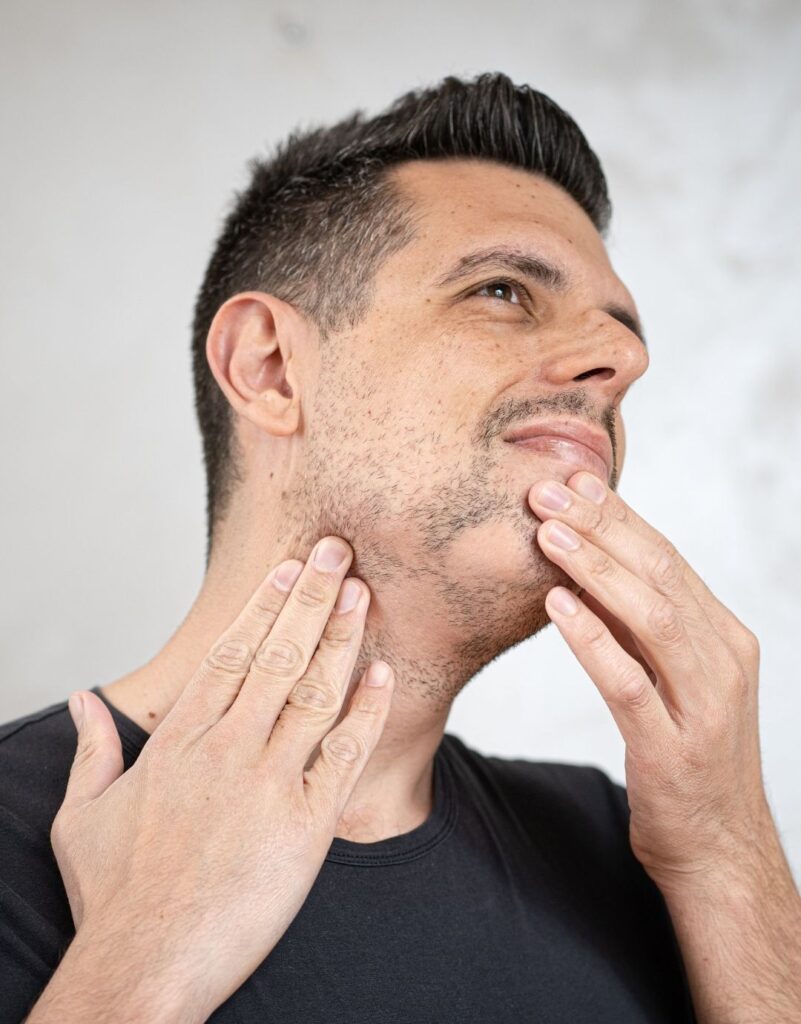
GET A FREE CONSULTATION!
Let’s Start Planning Your Treatment %100 Guarantee Results.
Medically Reviewed by Dr. Seda Erdoğan who specialized on Hair Transplants, Dermatology
